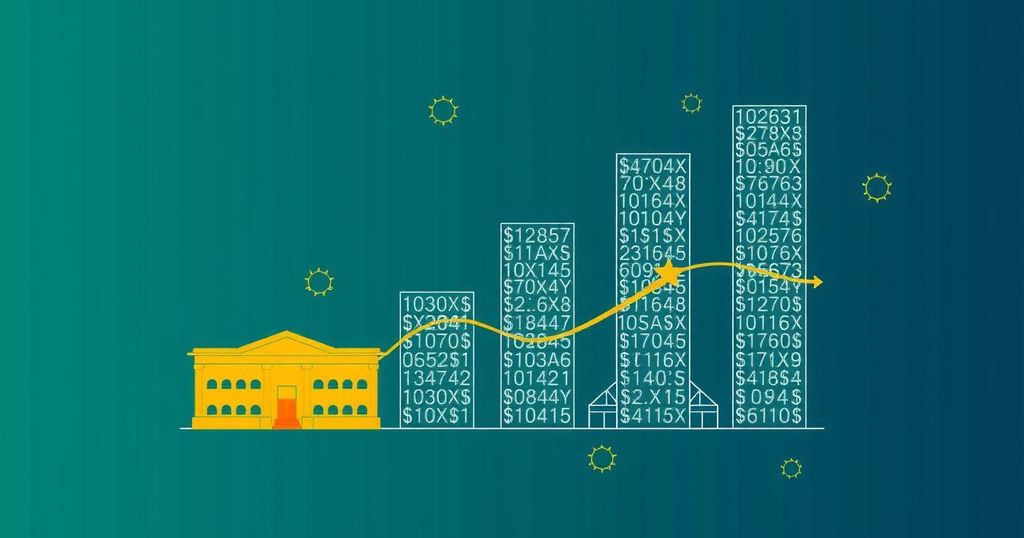Entrepreneurs in Bangladesh are facing financial strain due to rigid minimum tax policies that do not consider profitability, exacerbated by political instability since July. The minimum tax ranges from 0.6% to 5% of turnover, with an additional 1% on export values. This has led to increased effective tax rates, burdensome financial impacts on companies, and a detrimental effect on encouraging investment in the country.
Entrepreneurs in Bangladesh are expressing concerns that the implementation of rigid minimum tax rates is eroding their capital, particularly in the wake of political instability that has affected business operations since mid-July. The minimum tax is levied on turnover regardless of whether a company is making profits or losses, leading to increased effective tax rates and further financial strain as production costs rise amid an economic slowdown.
Under the Income Tax Act, companies face a minimum tax of between 0.6% to 5% of their annual turnover based on the type of business, alongside an additional 1% source tax on export values for export-oriented firms. This system has been criticized as inconsistent with global tax standards and detrimental to local and foreign investment. For instance, Zaved Akhter of the Foreign Investors Chamber of Commerce and Industry pointed out that the combination of supply chain disruptions and existing tax policies has exacerbated the financial burdens on companies.
The challenges are illustrated through various case studies, such as Crown Cement, where the effective tax rate surged to 83.61%, severely impacting profitability. Likewise, Titas Gas reported a total loss of Tk188 crore due to minimum tax obligations, highlighting the unsustainable nature of such policies. The telecommunications sector is similarly affected, exemplified by Robi Axiata, which faced an effective tax rate of nearly 70% due to the minimum taxes imposed regardless of profitability.
Additionally, garment exporters are struggling with rising costs and stagnant global prices. The 1% source tax has further strained their operations, forcing factories to operate under reduced working capital because they are unable to recoup the excess amounts paid in taxes.
Government officials argue that the minimum tax was introduced to combat tax evasion. However, critics maintain that this approach penalizes compliant businesses while failing to address the root causes of tax avoidance effectively. It is concluded that the existing tax framework, particularly the minimum turnover tax, is detrimental to the business environment in Bangladesh, potentially deterring both local and foreign investment.
Bangladesh’s tax policies have come under scrutiny as businesses contend with a challenging economic landscape compounded by political instability. The introduction of a strict minimum tax levied on turnover has drawn criticism due to its adverse effects on companies, irrespective of their profitability. This system has led to higher effective tax rates that burden firms already facing rising production costs and reduced demand, subsequently hampering the country’s investment climate. As political uncertainties continue, entrepreneurs are highlighting these tax issues as significant hurdles to business recovery and growth.
In conclusion, the imposition of minimum tax rates on companies in Bangladesh has created significant financial pressures, particularly for firms struggling with profitability. As demonstrated by various case studies, the rigid tax policies contribute to high effective tax rates, adversely affecting capital accumulation and discouraging future investment. The current system appears misaligned with global tax practices, necessitating a reevaluation to stimulate the business environment and reassure investors. Addressing these concerns could facilitate economic recovery and promote sustainable growth within the country.
Original Source: www.tbsnews.net

Leave a Reply